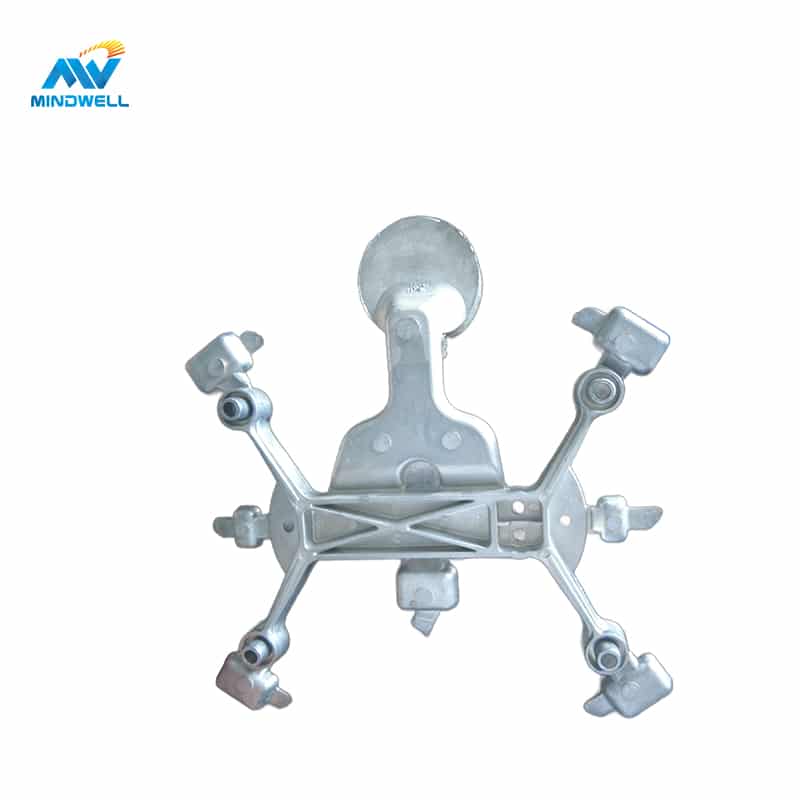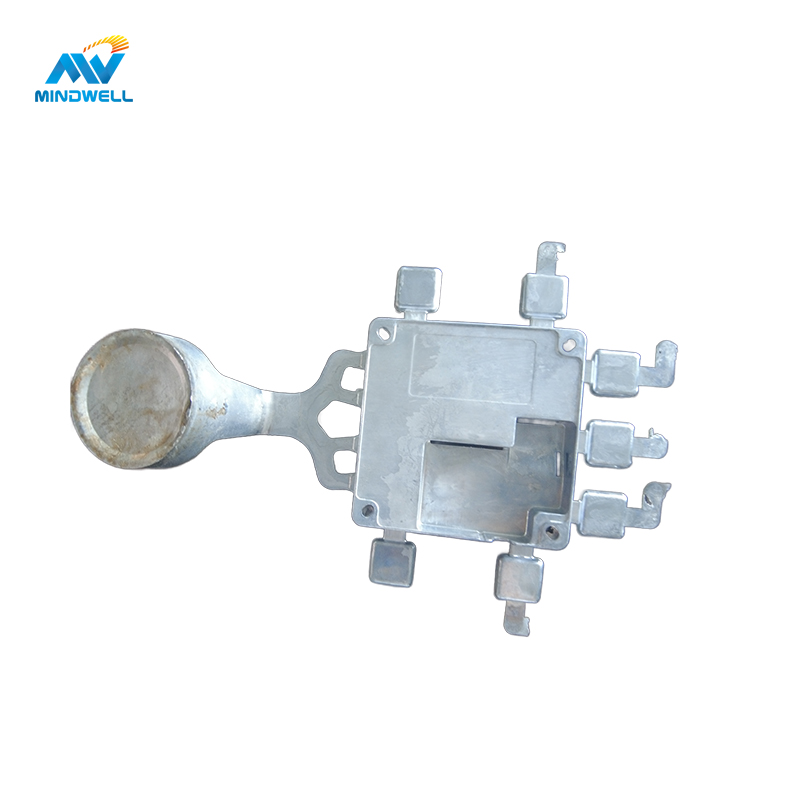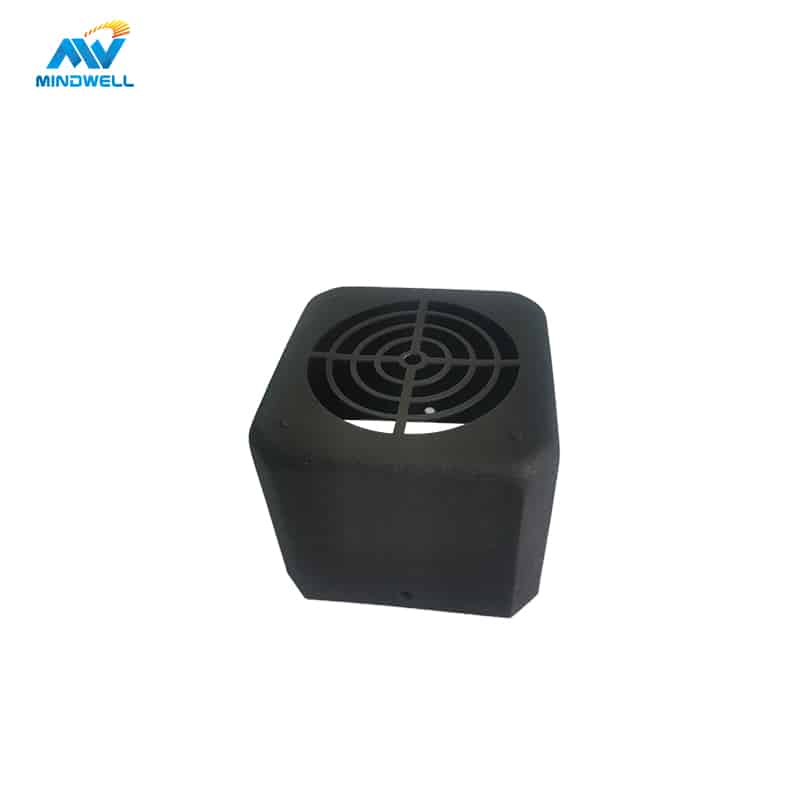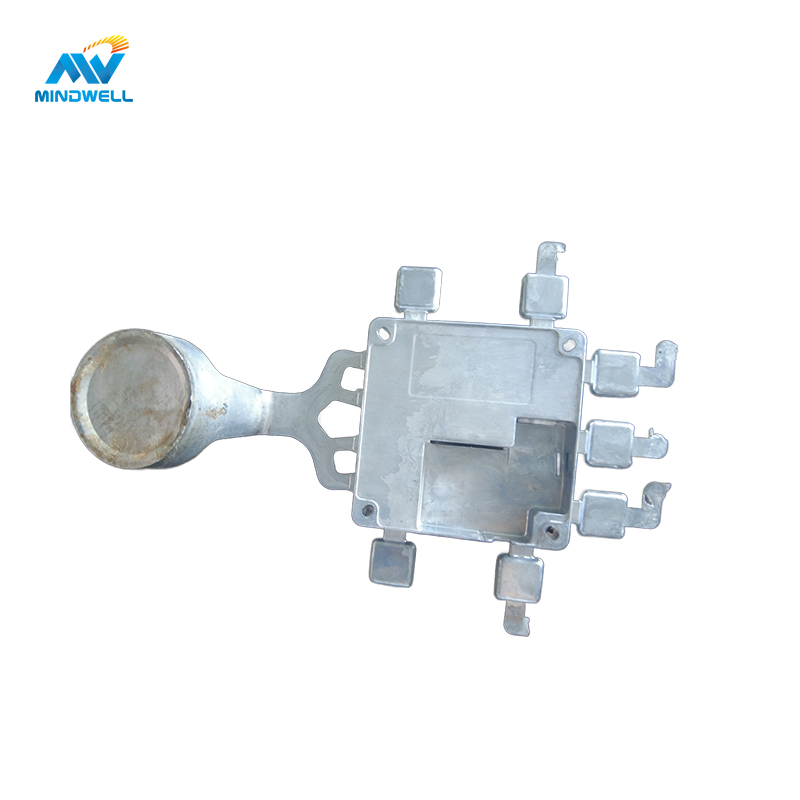Cast aluminum is a type of aluminum alloy that is produced through a casting process. It is a multipurpose material that is renowned for its robustness, longevity, and low weight. This article will discuss cast aluminum, including its definition, manufacturing process, and benefits over other materials.

How is cast aluminum made?
Melting the aluminum alloy and putting it into a mold is the casting process. Usually, steel or another heat-resistant material is used to make the mold. After being poured into the mold, the molten metal is allowed to cool and harden. The intended form is retained when the mold is removed after the metal has set.

There are two main methods used for casting aluminum:
Die Casting: Die casting is a high-pressure technique in which aluminum melt is forced under high pressure into a mold cavity. This process enables the creation of intricate forms with excellent surface quality and accuracy.
Sand casting is the technique of compacting sand around a pattern that has the appropriate form to make a mold. After that, the mold is filled with the molten aluminum, which fills the space created by the design. Larger and more complex items may be produced at a reasonable cost by using the sand casting technique.
Advantages of Cast Aluminum
Cast aluminum is a prominent material in many sectors because it has significant benefits over other materials:
- Strength: The strength and durability of cast aluminum are well-known. Because of its great strength-to-weight ratio, it may be used in situations where strength is crucial.
- Lightweight: Compared to other metals, cast aluminum is lightweight despite its strength. This lowers total expenses by making it simpler to handle and transport.
- Excellent resistance to corrosion is provided by the protective oxide layer that aluminum naturally produces. Because of this, cast aluminum is perfect for outdoor use or very humid areas.
- Heat Conductivity: Cast aluminum transfers heat well due to its high heat conductivity. It is appropriate for applications requiring heat dissipation or thermal control because of this feature.
- Design Flexibility: Detailed designs and complicated forms may be produced using the casting method. This allows engineers and designers to freely produce unique and personalized goods.
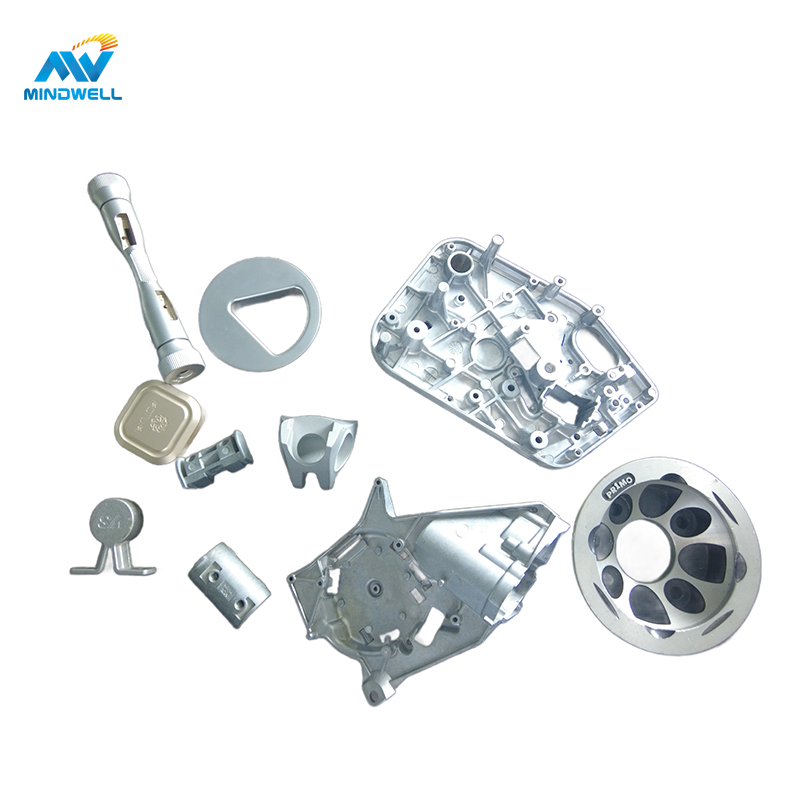
Aluminum vs. Cast Aluminum
What makes ordinary aluminum different from cast aluminum is one often asked question. Their production methods and characteristics are where they diverge most.
Aluminum ingots are formed into a variety of forms by rolling or extruding, producing regular aluminum, sometimes referred to as wrought aluminum. It is often used in sectors like the automotive and aerospace industries where corrosion resistance and lightweight are crucial.
Conversely, cast aluminum is created via the previously mentioned casting procedure. It has the same qualities as ordinary aluminum, plus the benefits of strength and flexible design. Cast aluminum is often used in products like cookware, outdoor furniture, and automobile components that need to be strong and have detailed patterns.
Is cast aluminum heavy and strong?
Because of its excellent strength-to-weight ratio, cast aluminum is a robust material. It provides a decent balance between strength and weight, even if it may not be as strong as certain other metals like steel. Because of this, it may be used in a variety of settings where strength is crucial.
In comparison to other metals, cast aluminum is comparatively light in weight. One benefit is that it makes handling simpler and transportation expenses more affordable. It is crucial to remember that the weight of cast aluminum might change based on the particular alloy and the dimensions of the cast component.
Conclusion
Cast aluminum is a multipurpose material that is renowned for its robustness, resilience, and low weight. It is made via a casting method that enables the creation of elaborate patterns and complicated forms. Compared to other materials, cast aluminum has a number of benefits, such as strength, light weight, resistance to corrosion, heat conductivity, and design freedom. It is often used in many different sectors, including the production of cookware, automobiles, and aircraft. Cast aluminum is a dependable option whether you require a sturdy but lightweight material or a product that is specially created.


